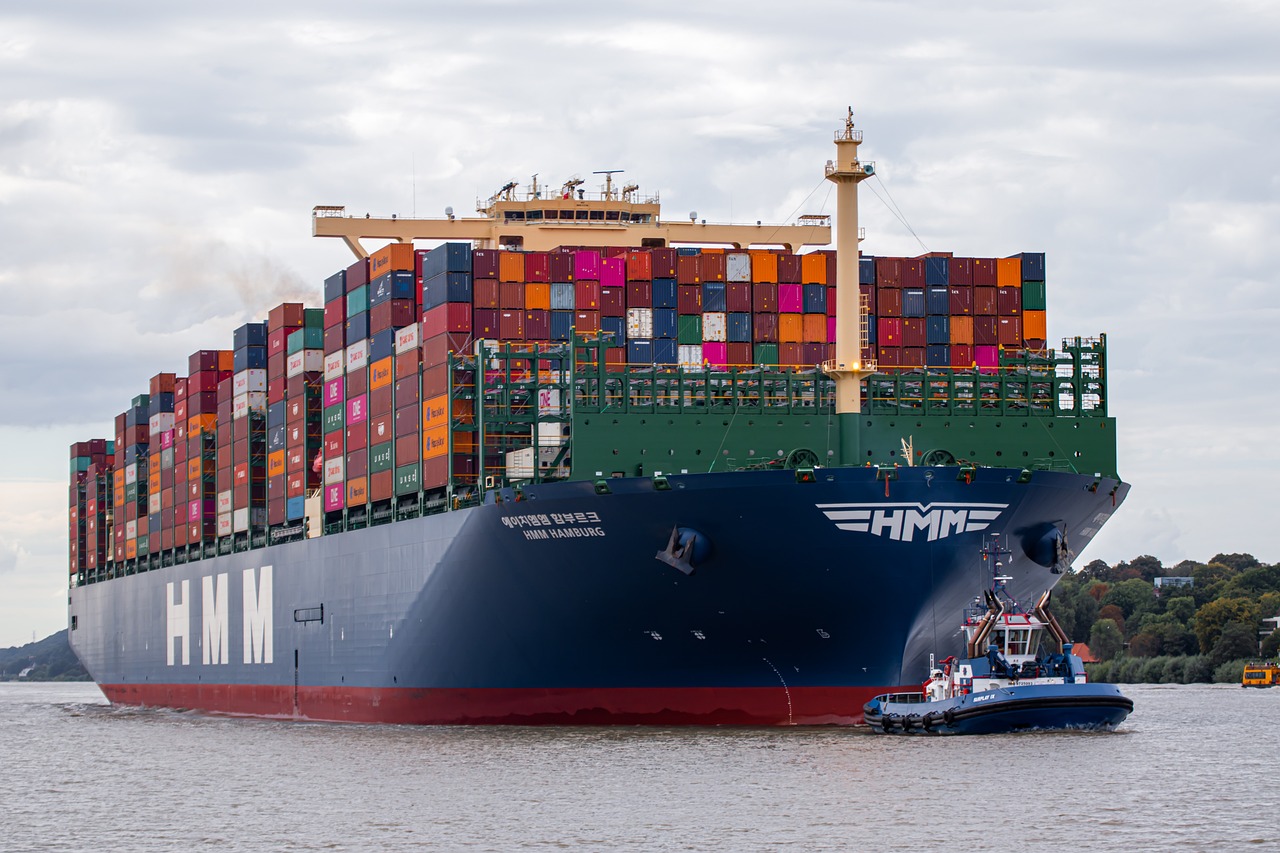
Special Regulatory Requirements for Traditional Chinese Medicine Imports
As a seasoned professional with 20 years of experience in foreign trade, I often encounter such confusion from enterprises importing traditional Chinese medicinal materials: "Why can ordinary goods clear customs directly, while traditional Chinese medicinal materials require designated storage and processing enterprises?" This stems fromthe special provisions ofEntry-Exit Animal and Plant Quarantine Law.
As a special commodity that may carry pests and diseases, traditional Chinese medicinal materials are subject to customs "quarantine supervision system,", Requirements:
- No transfer, sale, or processing without quarantine approval
- Must be stored at customs-approved locations
- Products requiring quarantine approval must be processed at designated enterprises
This is akin to setting up a "quarantine observation period" for the import of traditional Chinese medicinal materials, ensuring their safety before they can enter the domestic market. I once assisted a Korean ginseng importer who, due to unfamiliarity with this regulation, had their goods detained at the port for half a month, incurring tens of thousands of yuan in storage fees daily—a lesson learned the hard way.
Core Conditions for Registration Applications
According to Customs General Administration Order No. 243, applicant enterprises must meet two mandatory conditions:
- Independent legal entity statusIndividuals or branch offices cannot apply
- Complies with epidemic prevention requirementsIncludes site, equipment, management systems, etc.
Last year, a Yunnan enterprise we served, despite having a modern factory with GMP certification, had itsIncomplete pest control facilities in the storage areaapplication rejected on the first attempt. We recommend enterprises focus on inspecting the following before applying:
- Warehouse rodent and pest control facilities
- Temperature and humidity control system
- Waste disposal procedures
- Epidemic prevention emergency plan
Three Key Points in Document Preparation
Based on practical experience, special attention should be paid to material preparation:
1. Application Form Completion Techniques
Common errors include:
- Enterprise name inconsistent with business license
- Processing varieties exceeding business scope
- Storage capacity inconsistent with actual situation
2. Key Points in System Document Preparation
Must include but not be limited to:
- Epidemic prevention management system
- Traceability management system
- Emergency response plan for unexpected incidents
3. Drawing Material Specifications
We recommend using CAD drawings with clear markings for:
- Raw material and finished product storage zones
- Personnel and logistics flow directions
- Quarantine treatment areas
Smart Clearance Processing Techniques
The filing process is now fully online, but note that:
- Register in advanceChina International Trade Single Window account requires activation 3 working days in advance
- Document scanningProfessional scanners are recommended - mobile photos may be rejected due to insufficient clarity
- Progress trackingThe system doesnt send automatic updates - regular login is required to check status
We had a client who passedPre - review serviceReduced the processing time from the standard 20 days to 12 days. The specific approach is:
- Submit materials to customs for consultation in advance
- Make preliminary modifications based on feedback
- Pass formal submission in one attempt
Ongoing compliance after registration
Obtaining the filing number is not the endpoint; enterprises should also pay attention to:
- Validity period management: 4-year validity period, recommended to prepare for renewal 3 months in advance
- Filing modification: Major changes such as address and production processes require re-filing
- Routine inspection: Customs conducts random on-site inspections
Last year, an enterprise had its qualification suspended for 3 months due to untimely filing modification after factory expansion, resulting in the loss of orders worth 20 million yuan. It is recommended to establish aCustoms compliance calendar, setting the following reminders:
- Monthly inspection of epidemic prevention facilities
- Quarterly review of system implementation
- Annual comprehensive compliance audit
The import filing of traditional Chinese medicinal materials may seem complex, but as long as you grasp thecore of epidemic preventionandmaterial specificationsandkey process points, it can be completed efficiently. For any questions, feel free to consult the Customs 12360 hotline or professional agencies at any time.


 Follow Customer Service WeChat
Follow Customer Service WeChat